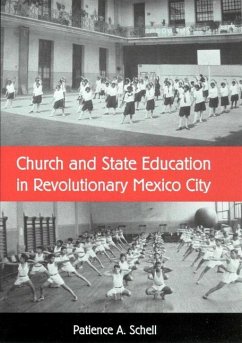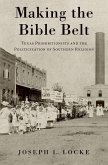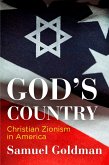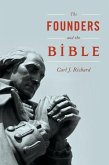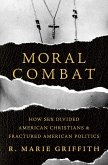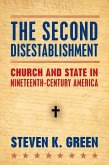Revolution in Mexico sought to subordinate church to state and push the church out of public life. Nevertheless, state and church shared a concern for the nation's social problems. Until the breakdown of church-state cooperation in 1926, they ignored the political chasm separating them to address those problems through education in order to instill in citizens a new sense of patriotism, a strong work ethic, and adherence to traditional gender roles. This book examines primary, vocational, private, and parochial education in Mexico City from 1917 to 1926 and shows how it was affected by the relations between the revolutionary state and the Roman Catholic Church. One of the first books to look at revolutionary programs in the capital immediately after the Revolution, it shows how government social reform and Catholic social action overlapped and identifies clear points of convergence. It also offers vivid descriptions of everyday life in revolutionary Mexico City. Comparing curricula and practices in Catholic and public schools, Patience Schell describes scandals and successes in classrooms throughout Mexico City. Her re-creation of day-to-day schooling shows how teachers, inspectors, volunteers, and priests, even while facing material shortages, struggled to educate Mexico City's residents out of a conviction that they were transforming society. She also reviews broader federal and Catholic social action programs such as films, unionization project, and libraries that sought to instill a new morality in the working class. Finally, she situates education among larger issues that eventually divided church and state and examines the impact of the restrictions placed on Catholic education in1926. Schell sheds new light on the common cause between revolutionary state education and Catholic tradition and provides new insight into the wider issue of the relationship between the revolutionary state and civil society. As the presidency of Vicente Fox revives quest
Hinweis: Dieser Artikel kann nur an eine deutsche Lieferadresse ausgeliefert werden.
Hinweis: Dieser Artikel kann nur an eine deutsche Lieferadresse ausgeliefert werden.

